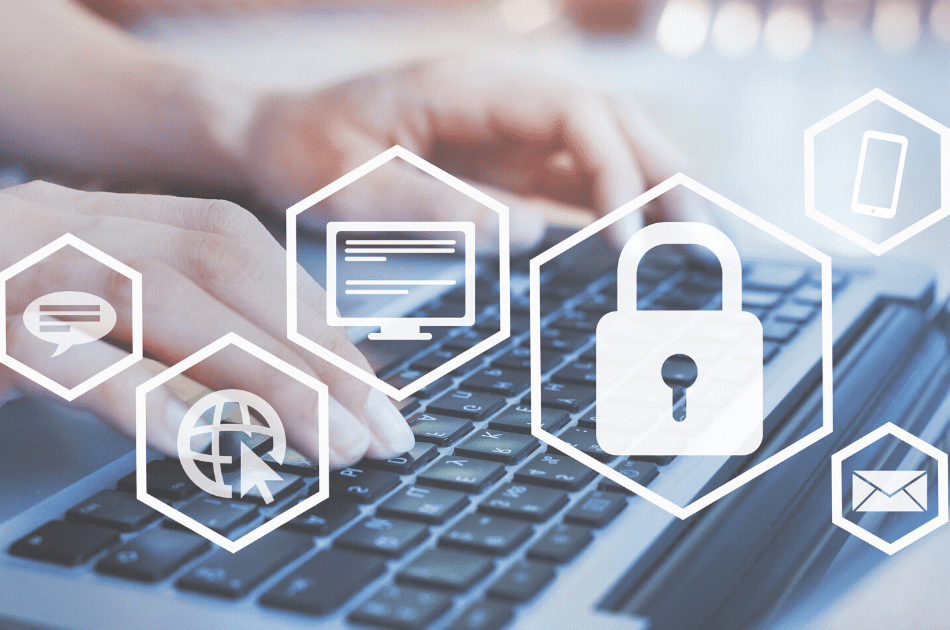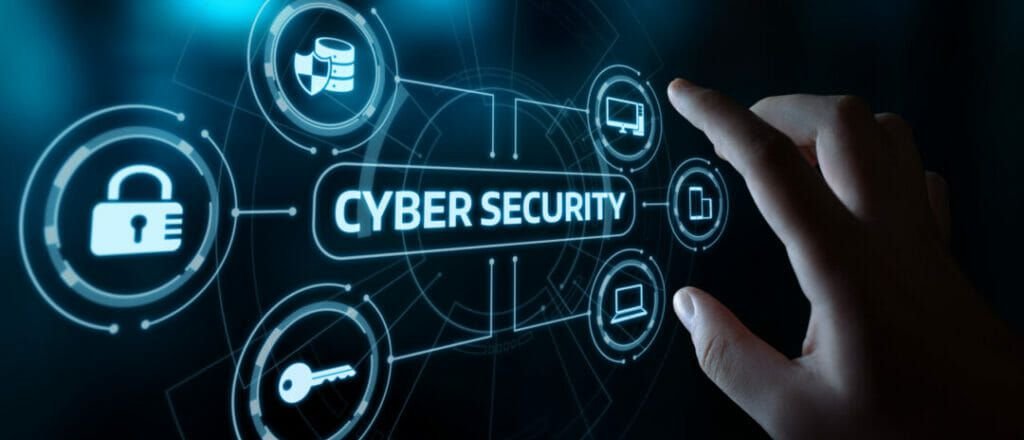Why is cybersecurity important?
With the advent of digitalization on all global production scales, it is absolutely necessary to effectively protect a fundamental asset in a company: information. The data collected from the web forms the basis for decision-making in today’s strategic business environment; from it, it is possible to know the customers, their level of loyalty, needs, and main interests, to provide the best possible service.
This type of information is stored in personalized servers, which, if it falls into the wrong hands, can have catastrophic repercussions for any business. Therefore, it is necessary to have a Cyber Security Engineer or expert to help us protect the data, preventing unscrupulous hands from accessing it.
What do I need to know to become a cybersecurity professional?
Although the common belief is that only those with a degree in systems engineering can take advantage of a job in IT, experience shows that anyone with interest and commitment can obtain the technical knowledge to develop in this field.
In fact, it is not only about knowing the types and forms of computers but rather about perfecting everything that goes into them; software development, system construction, control, protection, and network diagramming are some of its parts.
At Imarticus we want to offer timely and effective study opportunities for those seeking a career in Cybersecurity. Therefore, we offer Cybersecurity courses with placement and focus our teaching on providing specialized training at all levels since not all jobs in cybersecurity require a system or computer engineer.
Basics to get started
Knowing how a computer works, how to put it to work, and recognizing the components necessary for it to work optimally are paramount in cybersecurity. If any of these items sound unfamiliar to you, it is best to start researching to feed your knowledge.
Then, moving on from basic computer documentation, you will need to learn about the way networks work. For this, it is imperative to know about communication protocols between systems; the most widely used in the world are HTTP, FTP, and SSH, just to mention a few.
Professional opportunities for those trained in cybersecurity
Within cybersecurity there are many possible actions to be carried out to prevent the occurrence of computer attacks; completely shielding the data and even allowing the user to know who is attacking them.
Each part of this process involves different branches of cybersecurity, which are responsible for providing more specific services. Some of the best known are:
- Computer crime forensic service
- Network and systems technician
- Enterprise database manager
- Ethical hacking consultancy
- Big data for secure environments
- Cybersecurity consultancy
- Security systems architecture (IT)
- Security software developer
Extra tips for getting started in cybersecurity
Once you have acquired the essential knowledge in cyber security, further learning is vital to becoming a cyber security expert. But, in the beginning, the road can seem a little grey, so here are some useful tips that will make your path in the cyber world a little easier:
- Within the world of security, operating systems have features that differentiate them. Avoid limiting your knowledge to one place, preferring one system over another; variety is the key to success.
- Learn how to handle the most widely used operating systems in the world, such as Windows, Linux, Mac, etc.
- In cybersecurity, it is not enough to read about an attack or computer problem, and test every learning point. Practice makes perfect.
- Once you have learned Ethical Hacking, a smart move would be to learn about some of the moves made by cyber criminals. Forums, tutorials, and the internet can be very helpful in the search.
Conclusion
The beginning is always tricky. However, if you bet on becoming a cybersecurity professional you should join an institute that offers Cybersecurity courses with placement. We at Imarticus provide the best, professional cybersecurity courses. With us, success will be your career in cybersecurity. Contact us today and become a Cyber Security Engineer.



